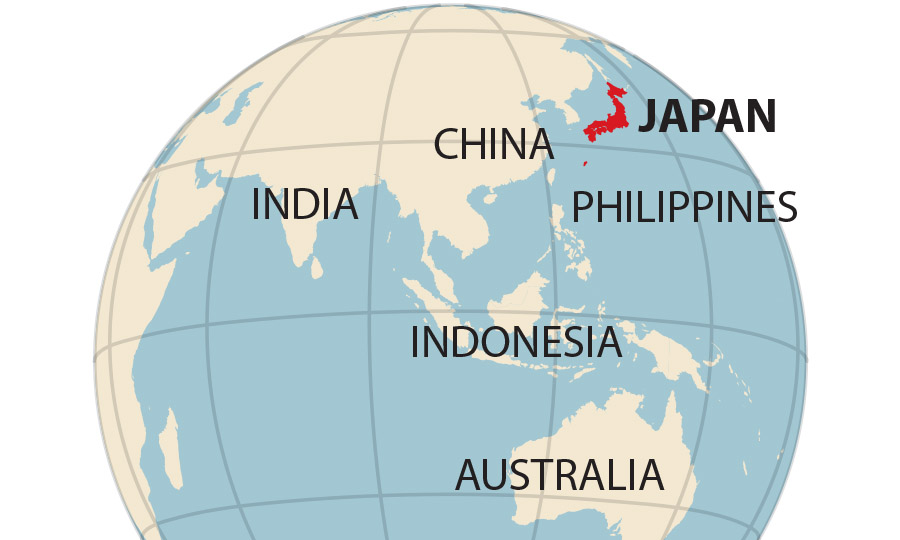IEEFA Japan: ¥26 billion loss on Australian coal power plant raises questions for Sumitomo and its investors

23 November 2020 (IEEFA Japan): As the government of Japan’s energy policy shifts significantly and Japanese trading houses exit coal projects overseas, Sumitomo Corporation continues to develop coal power projects and has seen its thermal coal output grow according to a new report from the Institute for Energy Economics and Financial Analysis (IEEFA).
Sumitomo wrote down ¥26 billion at its Bluewaters coal power investment in Australia
The report, Overseas Coal Projects Raise Questions for Sumitomo, highlights that the company wrote down ¥26 billion at its Bluewaters coal power investment in Australia following an unsuccessful attempt to refinance as banks continue to pull away from coal lending. Furthermore, Sumitomo’s coal power projects in developing nations are increasing financial pressure on state-owned power utilities.
Sumitomo’s Australian coal project loss is contributing to what the company is expecting will be its worst full-year performance ever as it forecasts a 2020 financial year loss of –¥150 billion (-US$1.4 billion). The company announced its worst ever first half loss of –¥60 billion in early November 2020.
Report author energy finance analyst Simon Nicholas says the Australian coal power loss raises important questions for investors and the company.
“The Japanese government took the initiative on coal policy by announcing a net zero pathway to 2050 in October 2020, which has left Sumitomo and its coal projects behind,” says Nicholas.
“Its’ trading house peers have also made more progress on shifting away from coal, and this has accelerated lately.
“Marubeni pulled out of a South African coal power project in November 2020, the third overseas power project it has pulled out of over the last two years.”
Sumitomo is continuing overseas coal investments in Indonesia, Vietnam and Bangladesh
Sumitomo is continuing overseas coal investments in Indonesia, Vietnam and Bangladesh. It is also intending to develop a second coal power project in Bangladesh – a nation already dealing with a major overcapacity problem that is causing a financial crisis within its power sector.
“Sumitomo’s coal power projects in Bangladesh and Indonesia will lead to further, inflexible and unaffordable capacity payments which contribute to the need for larger taxpayer-funded bail-outs of state-owned power utilities and higher consumer tariffs. This is a poor outcome for developing nations,” says Nicholas.
“Sumitomo is lagging behind its peers, and the government, by continuing to invest in problematic coal power projects in developing nations.”
Nicholas highlights Mitsubishi Corp, Marubeni and Mitsui no longer hold investments in thermal coal mines. Sojitz Corporation has sold its stake in its Indonesian thermal coal mine and Moolarben thermal coal mine in Australia and does not have any coal-fired power projects. Itochu Corporation is not developing any new coal-fired power nor acquiring any new thermal coal mining interests.
Sumitomo is lagging behind its peers, and the government
Meanwhile, Sumitomo’s equity share of thermal coal production rose last year after it acquired Mitsubishi Corp’s stake in the Clermont mine in Australia as part of the GS Coal joint venture with Glencore.
Sumitomo’s continued focus on thermal coal comes as major investors increasingly want companies to abandon the fossil fuel.
“Earlier in 2020, BlackRock – the world’s largest asset manager – questioned South Korean power utility KEPCO’s rationale for continued investment in coal projects overseas. KEPCO has since pulled out of two overseas coal power projects. BlackRock is also a major shareholder in Sumitomo Corp,” says Nicholas.
“GE, historically a global leader in coal-fired power technology, has announced plans to stop coal power construction. The coal-fired power technology business provides a relatively small part of GE’s overall revenues, making the end of its coal power activities relatively straightforward.
Coal-fired power is placing a financial burden on developing nations
“Investors have seen Sumitomo react to an uncertain future for shale gas by exiting the business and may increasingly ask questions about when Sumitomo will react to the poor long term outlook for thermal coal and the financial burden that coal-fired power is placing on developing nations.
“As major investors further tighten their restrictions on coal going forward, Japanese trading houses are likely to increasingly be on investors’ radars. As the coal laggard amongst its peers, Sumitomo is likely to be the first Japanese trading house to feel this heightened investor pressure.”
Read the report: Overseas Coal Projects Raise Questions for Sumitomo – Trading House Lags Behind its Japanese Peers on Thermal Coal
Media contact: Kate Finlayson ([email protected]) Ph: +61 418 254 237
Author contact: Simon Nicholas ([email protected])
About IEEFA: The Institute for Energy Economics and Financial Analysis (IEEFA) examines issues related to energy markets, trends and policies. The Institute’s mission is to accelerate the transition to a diverse, sustainable and profitable energy economy. (www.ieefa.org)













